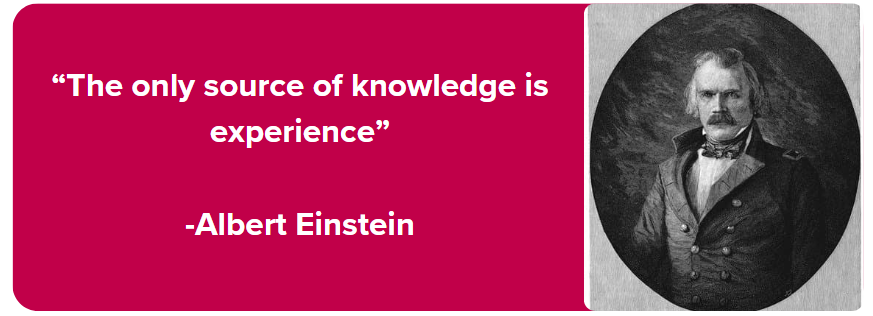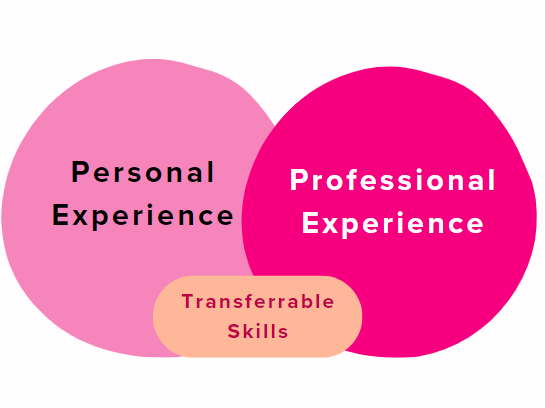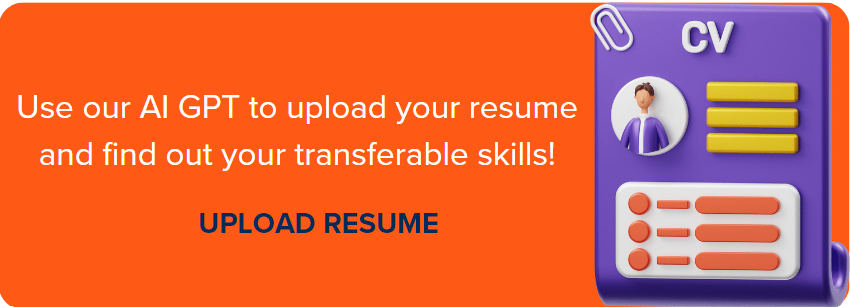May 27th, 2024

—————
For many of you considering a career as an Auditor, the idea may seem daunting. You might think, “There’s no way I could be an auditor!” But, let me challenge that notion by suggesting you might already possess the necessary skills. Let me share a story I often tell to illustrate this point.
Auditing, in essence, involves comparing one set of information against another. Here’s a simple analogy: Imagine checking your children’s homework. In the evenings, I used to ask my boys, “Have you finished your homework?” to which they’d reply, “Yes, Mum!” However, as an auditor, I needed proof beyond their words.
Me: “Can you show me what you were supposed to do?”
My Boys: (Showing their diary or assignment sheet)
This exchange was my way of establishing the audit’s objective and criteria—what homework was assigned. The next step was to verify the completion:
Me: “Can you show me your answers to questions 10 to 15 in your Maths textbook?”
More often than not, this revealed gaps—unfinished questions, highlighting a nonconformance.
This process demonstrates several key auditing principles:
- Objective of the audit: To verify if the homework was completed as required.
- Criteria: The specific homework assignments.
- Evidence: The actual completed work.
- Nonconformance: Any discrepancies between the expected and actual work.
- Questioning techniques: Using closed, open, and probing questions to gather evidence.
Simply put, auditing is about inquiry and verification, skills you likely use in everyday situations without even realizing it. So, if you’ve ever doubted whether you could be an auditor, you might find that you’re already applying the fundamentals of auditing in your daily life. Embracing these skills can be your first step toward an auditing career.
——————–

———————
In Kathy Rees’ book Courageous Auditing, Kathy says to honestly review your skills and attributes relevant to becoming an auditor. She quotes a Forbes survey where it was highlighted that the requirement for auditors to address particular skill sets include investigative skills, critical thinking and communication amongst others.
————————
—————————-
Integrated Skills Model
When it comes to proving you’ve got what it takes to be an auditor, it’s not just the jobs you’ve been paid to do that count. Take being part of a sports club, for example. If you’ve been on the committee, run the canteen, or even been the president, that’s real experience right there. Your life outside of work teaches you so much more than you realise, and those skills can be just what you need for auditing. The model here shows how your personal and work experiences come together, giving you the skills that can be used in many different ways.
—————–

————————–
Personal Experience: All the things you learn and do outside of your paid work. From volunteering at the sports club to organizing community events, it’s all about the different hats you wear in your everyday life that teach you valuable skills.
Professional Experience: Your formal job roles and tasks. It includes the day-to-day work you do, the professional responsibilities you handle, and the skills you develop in a work setting.
Transferable Skills: The sweet spot where your personal and professional experiences overlap. Skills you’ve picked up in both areas that are useful in multiple situations, like leadership, organization, and communication, go here. They’re the skills you can take with you to any job, including auditing.
———————
Your Next Steps to Turn Your Experience into a Qualification
- Inventory Skills: List all personal and professional experiences and the skills they’ve given you.
- Analyze and Match: Reflect on how these skills have been useful and how they align with auditing roles.
- Develop and Enhance: Identify skill gaps and create a plan to acquire necessary skills through additional experiences or education.
————–
Work with an ISO Career Expert: Elevate your career as an ISO leader.

View comments
+ Leave a comment